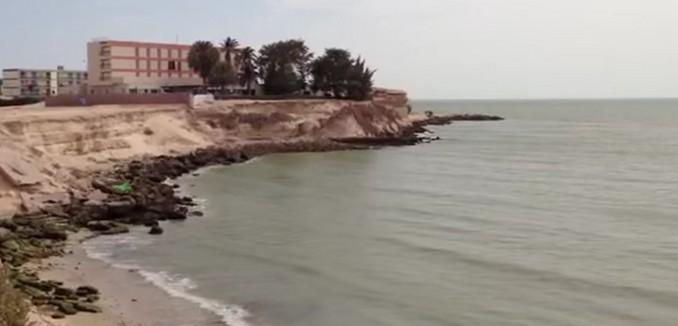Iran has been trying for years to strengthen its presence in Mauritania and make it a base through which Tehran can expand its control in North Africa. Concern in the country is growing (Arab link) over Iran’s increasingly visible meddling in domestic affairs, including through the propagation of Shiite religious principles.
Like Iran, Mauritania is an Islamic republic. It is a predominantly Arab country located in northwest Africa on the Atlantic coast, just south of Algeria and Morocco. The majority of Mauritania’s 4 million citizens are Sunni Muslims.
The local al-Islah Party has called (Arabic link) on the government to cut diplomatic ties with Iran and to assist in the Saudi-led military operation against the Iranian-backed Houthi rebels in Yemen. The party warned that Iran would use its relations with Mauritania to invade countries in North Africa and threaten their established social order.
Mohammed Ahmed Salem, a member of parliament, has raised similar concerns and called to cut all ties with Iran on the grounds that it is performing a process of “Shiization” in the country. He warned that Iran will try to use Mauritania as a gateway to spread Shia Islam in Africa, especially in the north—to Morocco, Algeria, Tunisia, and Libya.
Relations between Mauritania and Iran have warmed considerably since Mohamed Wald Abdul Aziz came to power in a 2009 coup. In 2010, he paid the first state visit to Iran by a Mauritanian president in decades. This visit led to the resumption of diplomatic relations between the two nations and cooperation in various fields.
One of the driving reasons behind the Mauritanian-Iranian rapprochement was the isolation Mauritania felt from African countries after Abdul Aziz’s rise to power. Iran was then one of the few countries willing to provide assistance to Mauritania. The alliance also benefited Iran, which has suffered from economic sanctions imposed due to its illicit nuclear program, forcing it to find new opportunities for economic cooperation.
During recent years, it has been charged that Iran was making Mauritania a central location to spread its influence throughout the Maghreb region of northern Africa. It has done so in part through financial aid to the ruling party, as well as taking advantage of the limited media coverage Mauritania receives.
According to some unofficial statistics, 45,000 of Mauritania residents adopted Shia Islam in recent years, possibly due to the influence of Iran.
[Photo: Financial Times / YouTube ]




